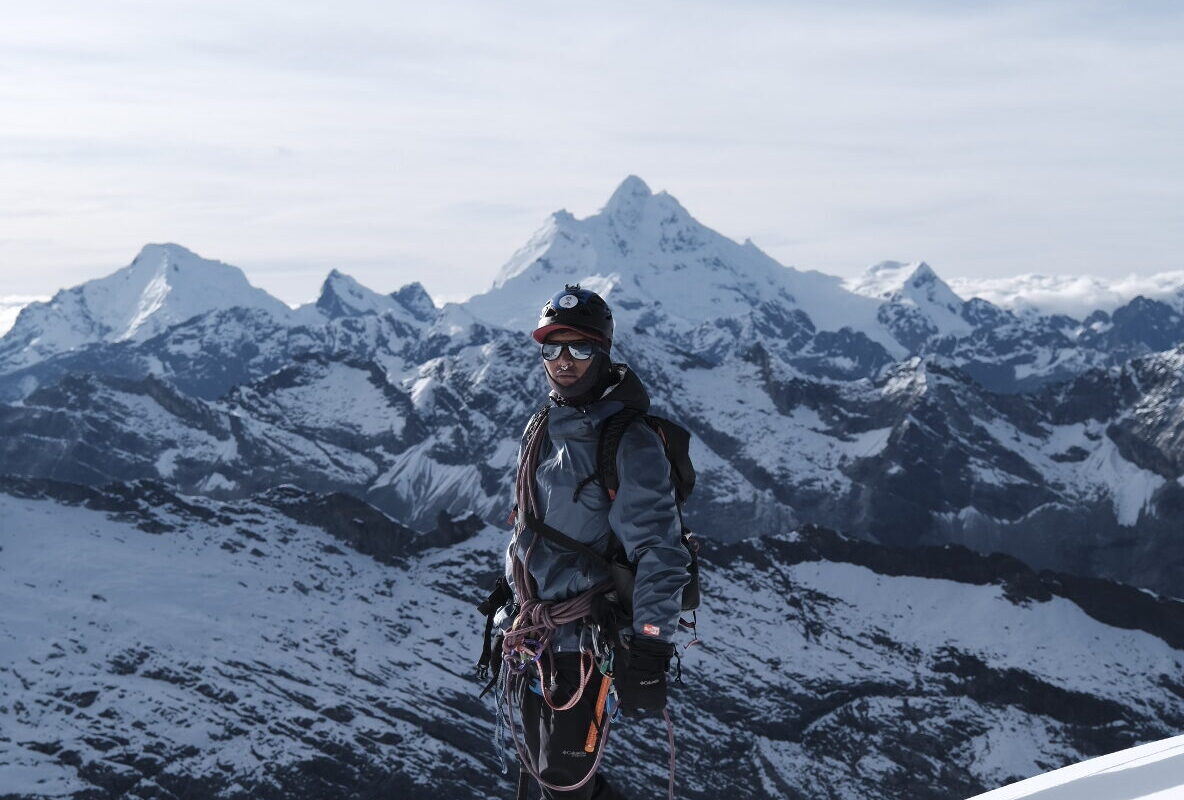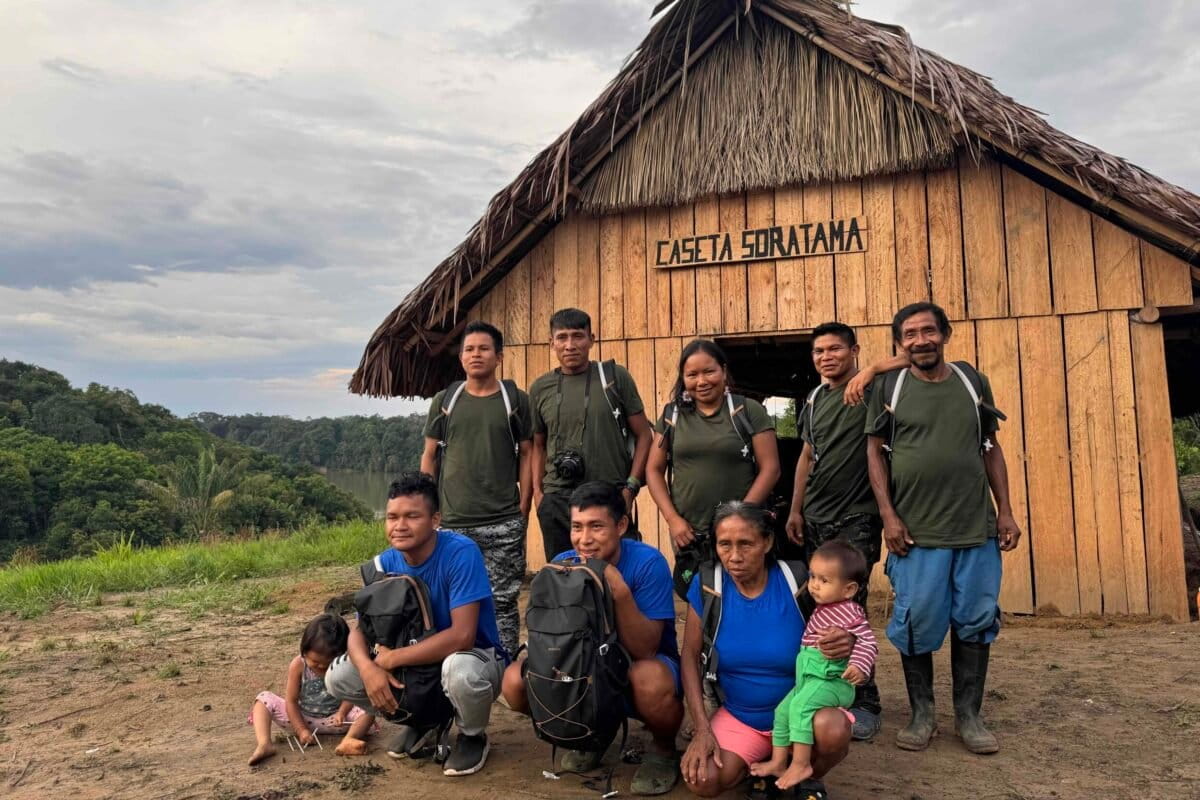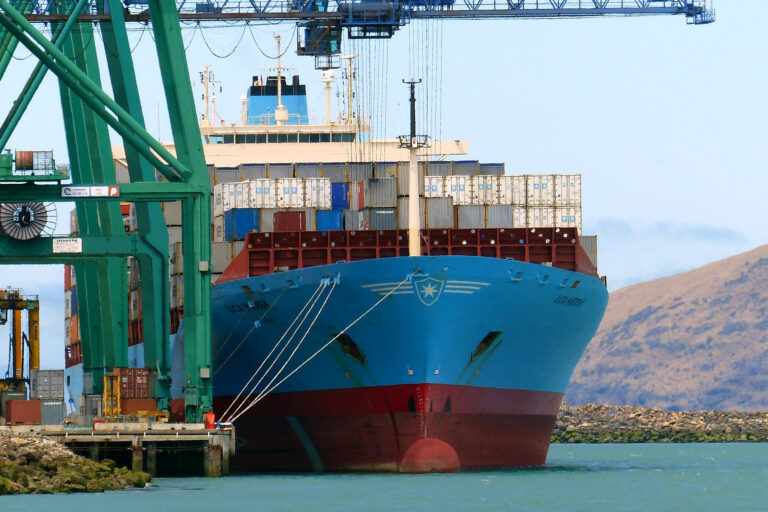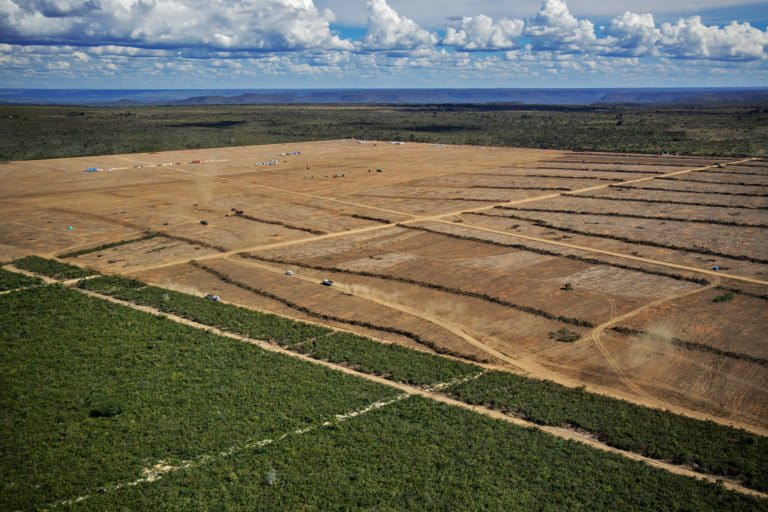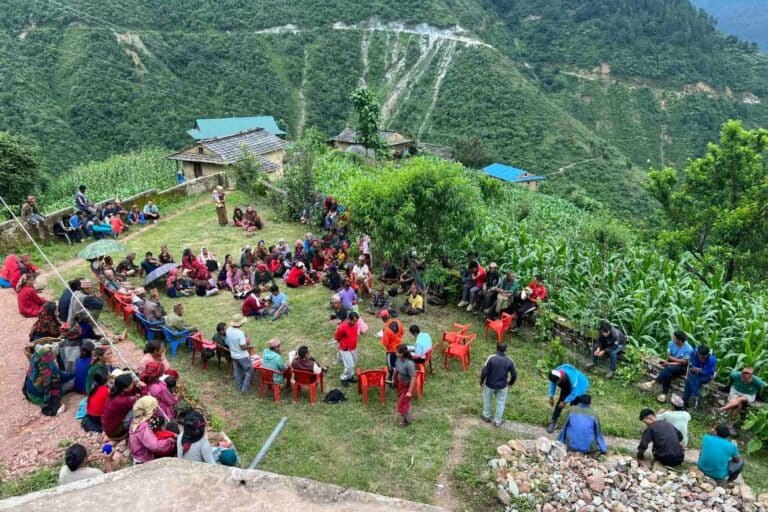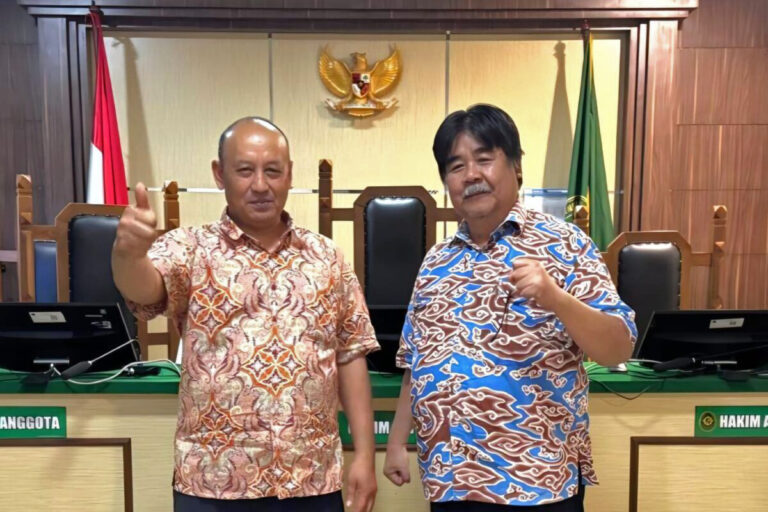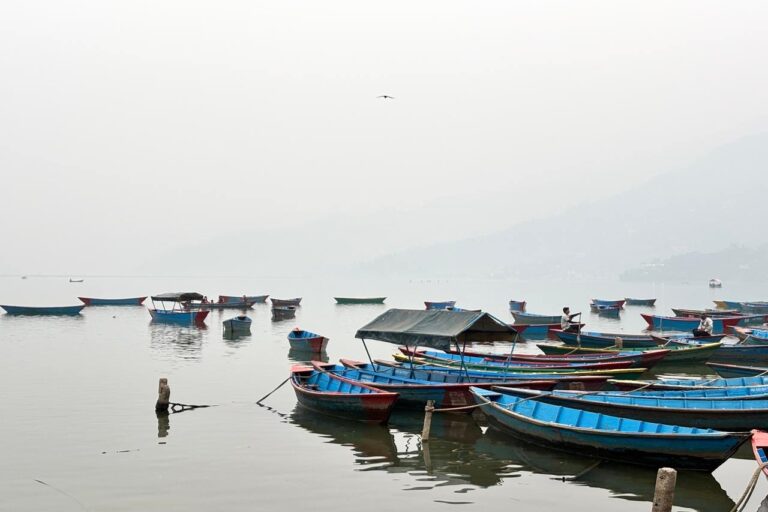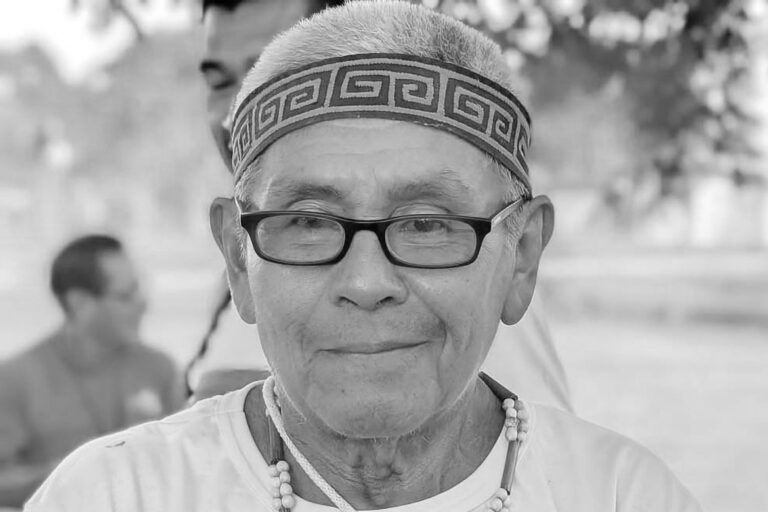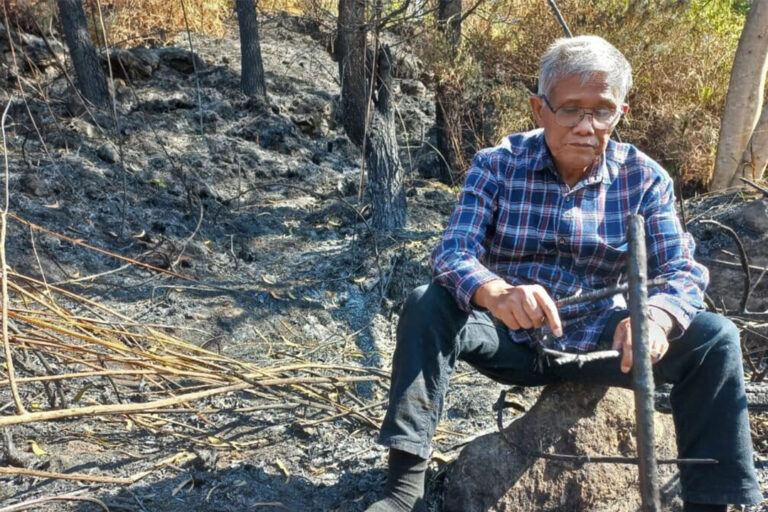- Global Forest Watch has launched a new fellowship for people working to reduce deforestation within 23 countries in South America, Central Africa, and Southeast Asia.
- The July-December 2018 fellowship—including online training sessions, peer-to-peer interactions, and a 3-day in-person tech camp in Washington, D.C. —aims to help participants build technical skills, network with both peers and GFW staff, and implement a data-focused project.
- Fellowship applications are due June 15th, 2018, and GFW will notify the five fellows selected for this first cohort by July 1st.
Global Forest Watch and the World Resources Institute have launched a new fellowship for individuals working to reduce deforestation within 23 countries in South America, Central Africa, and Southeast Asia.
Global Forest Watch (GFW)’s online forest mapping platform provides anyone with an internet connection access to frequently updated satellite imagery, enabling users to monitor forest change in a particular country, nature reserve, or other area. GFW’s interactive map and other spatial data products allow the user to view and assess forest change over different time periods and at scales ranging from a 30m x 30m pixel to the whole globe.

Through the fellowship program, the GFW team aims to bring its online forest change monitoring technology to scientists, journalists, conservationists, law enforcement officers, lawyers, and indigenous leaders willing to train and share their knowledge with others.
The fellowship consists of a five-month series of online training sessions and peer-to-peer interactions from July through December 2018 and provides a US $6,000 stipend. It aims to help participants build their technical skills, network with both their peers and GFW staff, and begin implementing a data-focused project.
The five fellows selected in this first round will also attend a fully-funded, intensive three-day tech “camp” to be held in September 2018 in Washington, D.C., where they can sharpen their skills in using GFW and other open-source mapping tools. The camp will also present techniques in remote sensing and GIS, data collection and visualization, mobile monitoring, media engagement, and digital and personal security.
The program is looking for people working in a wide range of professions in countries where GFW’s GLAD alerts are available:
| South America | Central Africa | Southeast Asia |
| Bolivia | Burundi | Brunei |
| Brazil | Cameroon | Indonesia |
| Colombia | Central African Republic | Malaysia |
| Ecuador | Democratic Republic of the Congo | Papua New Guinea |
| French Guiana | Equatorial Guinea | Timor Leste |
| Guyana | Gabon | |
| Peru | Republic of the Congo | |
| Suriname | Rwanda | |
| Venezuela | Uganda |

Fellows can be from any country but must conduct their fellowship activities within these 23 GLAD countries.
Applicants will need to complete a form describing their interest, experience, and proposed project to protect forests. The program will prioritize applications that propose innovative ways to use technology to protect forests and that reflect an understanding of how the technology would contribute, a passion for solving environmental challenges, and networks through which the fellow can share his or her new skills.
Fellows selected by the program will be asked to organize at least two training activities in their respective countries, teach a skill to other fellows, participate in monthly meetings, attend the tech camp, and contribute to a fellowship listserv.
Those interested in applying to the fellowship should submit their CV and the application by June 15th, 2018. For more information, consult the fellowship program’s Frequently Asked Questions page. GFW will notify the five fellows selected for this first cohort by July 1st.

Banner image by George Powell shows the forests on the Adelbert Range looking towards Kar Kar volcano in Madang province, Papua New Guinea.
FEEDBACK: Use this form to send a message to the editor of this post. If you want to post a public comment, you can do that at the bottom of the page.



